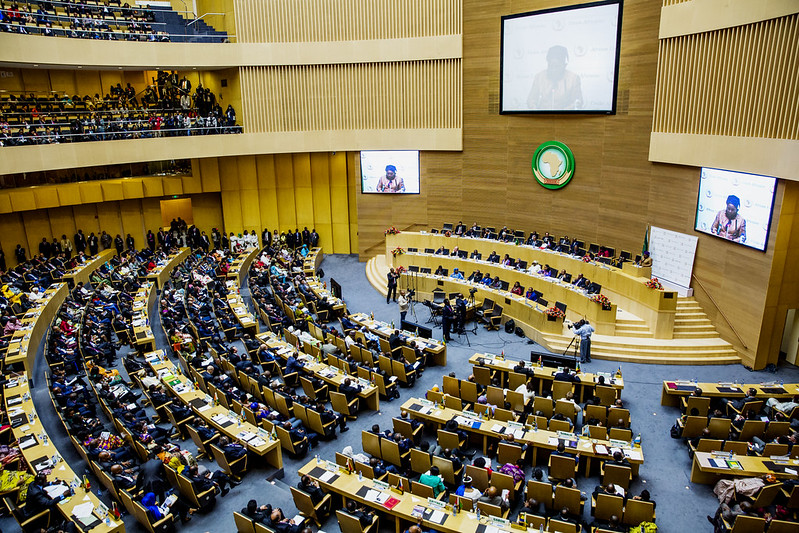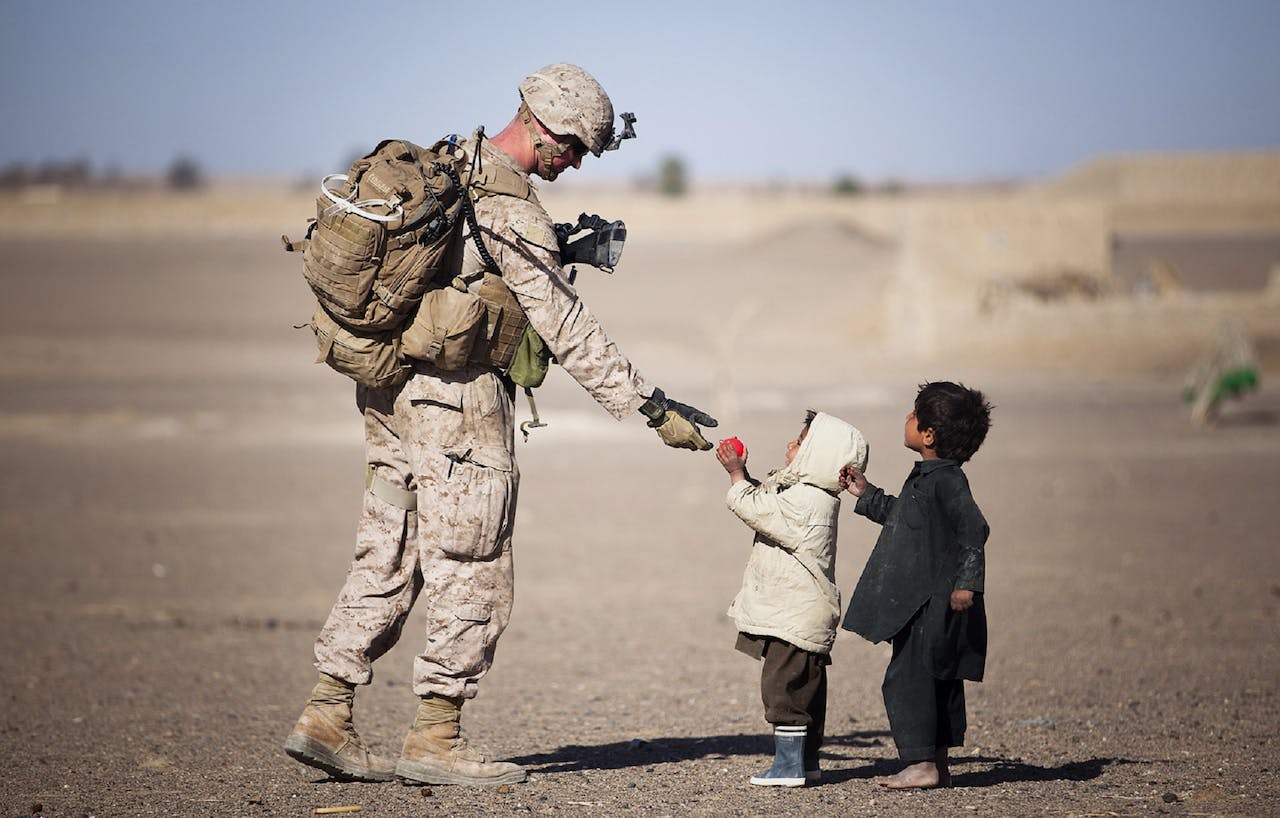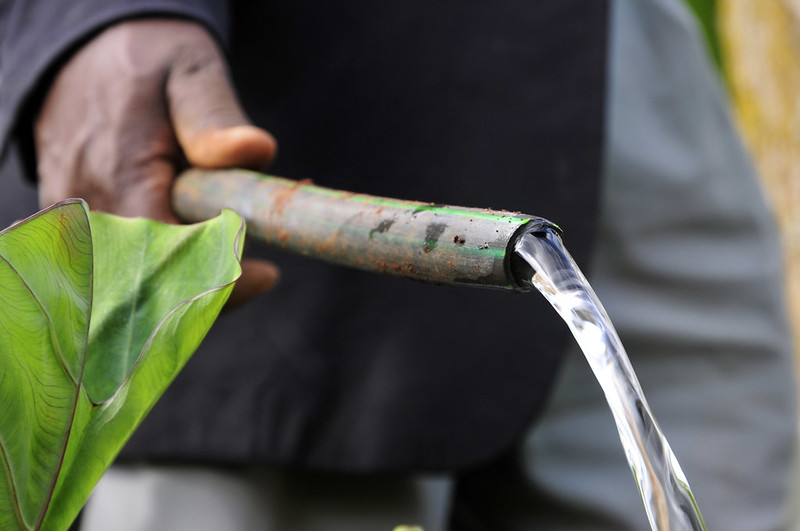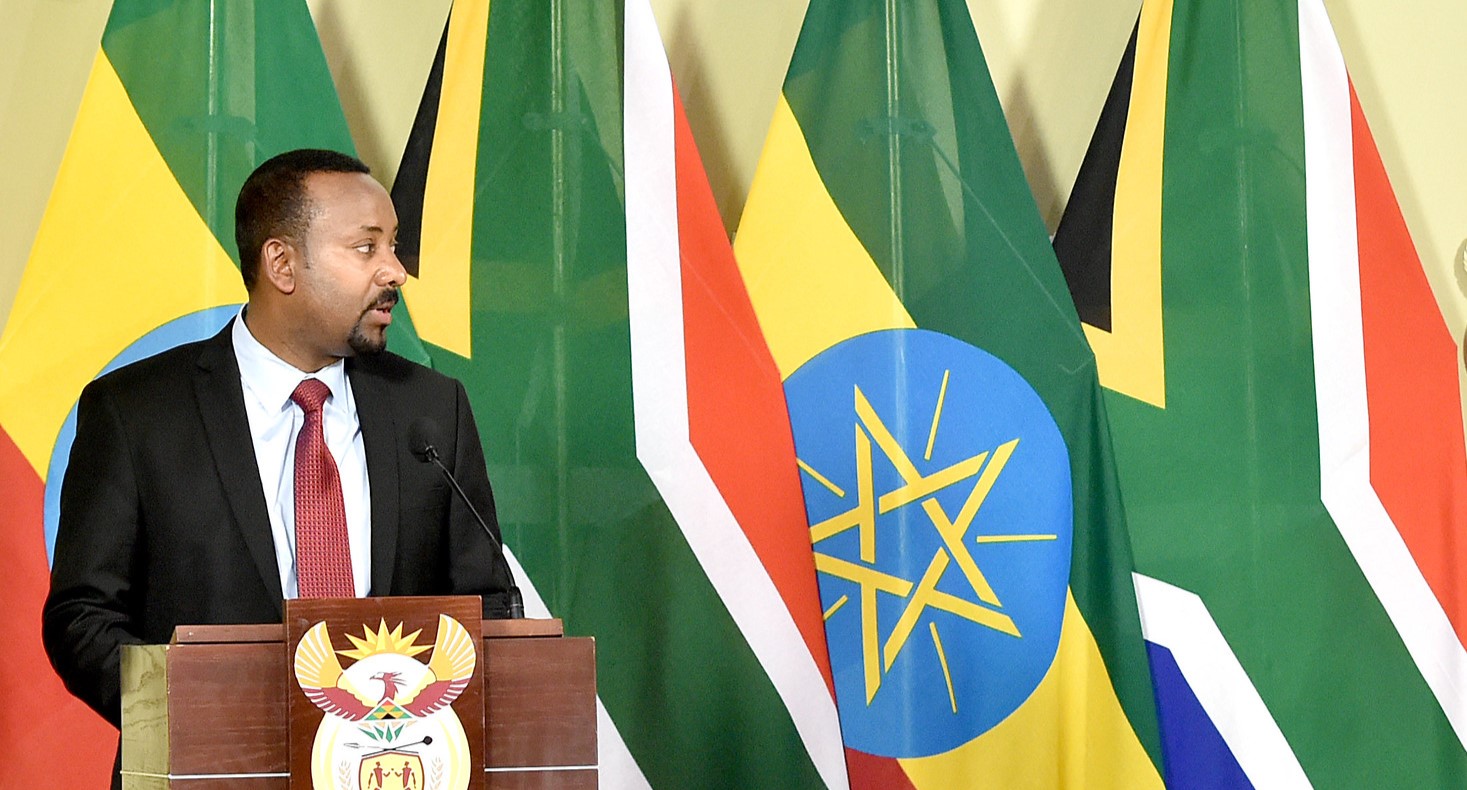The approach of Western donor countries to women’s equality has created incentives for recipient countries to focus on metrics in return for aid rather than pursuing real change writes Anna Williams
Global aid programmes are structured towards putting more women into school, increasing political participation, and bringing more women into the economy. These are lofty goals, but pursuing numbers alone can leave real change in short supply. The use of metrics may be inevitable in this context, but these can and should be made more relevant to real peoples’ lives.
Rwanda’s experience of conflict and genocide drew international attention to the plight of women in war and led to high-profile gender equality initiatives in the country. By 2021, 61 per cent of Rwanda’s Lower House seats were held by women. Yet Rwanda consistently scores poorly on the Gender Inequality Index (GII). In 2021, Rwanda ranked 160th out of 189 in the global rankings. In the 2021 Gender Development Index (GDI) Rwanda also ranked 160th. Despite high levels of female political participation after a well-publicised, and widely praised, affirmative action policy gender inequality remains the day-to-day reality for Rwandan women and girls.
Symbolic satisfaction
This discrepancy between representation and genuine equality has also been highlighted in Somalia, the Democratic Republic of Congo, and Libya. These countries (among others) adopt a strategy of ‘symbolic satisfaction’ of gender equality in return for aid, and this strategy is used by recipient states to signal a country’s commitment to change to the international community and domestic constituencies.
The way bilateral aid is currently arranged fails to account for intersections of class, religion, or ethnicity in gender politics and women’s rights. Instead, it lends itself to a smooth blanket approach which values metrics such as number of girls in school, or number of women in parliament rather than wider cultural change. As a result, countries can have high levels of female representation in parliament but rank poorly in gender inequality.
These incentive structures are formed by the international community’s interaction with the leaders of recipient states. They are defined by complex and shifting power dynamics between the donor and recipient states, between recipient state leaders and their constituents, between genders and social identities, and within genders and social identities.
Since 1994, Rwanda and its governing party, the Rwandan Patriotic Front, has been considered a ‘donor darling’ by the international community. This is largely due to its perceived post-conflict progress for women, driven by government initiatives.
The high representation rate of women in the Rwandan parliament – 61 per cent – has not translated into equality or empowerment for Rwanda’s women and girls outside of political metrics. Women in Rwanda struggle for recognition of land rights which hinders their economic and social progress as autonomous actors. The impact of class and gender is reflected in World Bank data from 2020 which shows that only 5 per cent of women owned land alone (i.e. without a male family member), compared to 17.7 per cent of men.
The Rwandan state imposes restrictions on running informal small businesses such as selling fruit, street vending, or sex work, which disproportionately affects women. These policies are intended to ‘modernise’ the Rwandan economy and are key to the government’s Vision 2020 plan. But they place women at risk of arrest and abuse from police.
Women parliamentarians have historically not challenged party lines and very rarely advocated to address ‘women’s issues’ in what is assumed by Western donors to be an infallible democratic forum for equality advancement. Numbers alone have not been enough to remove the gendered effects of legislation on Rwandan women.
Added on
The UK’s approach to aid leans heavily on the UN Millennium Development Goals and Sustainable Development Goals. Gender equality is a frequent rhetorical point of UK-Rwanda collaboration, and the UK has previously praised Rwanda in this area. However, in their actual programming women’s issues are separated into their own category which can cause them to be siloed.
In 2021, the UK’s Ambassador and Permanent Representative to the UN, Julian Braithwaite, made a statement on Rwanda to the UN Human Rights Review Panel. His only criticism of the Rwandan government was the ‘repression of other political and media rights’, while praising their ‘promotion of gender equality’ and ignoring the negative (and well-researched) impact on the lived realities of women and girls in Rwanda.
The limited space for meaningful civil society and grassroots engagement restricts the voices of women who are not part of the chosen Rwandan Patriotic Front elite, including women in rural areas, and of diverse linguistic or ethnic backgrounds. Braithwaite’s focused critique on the repression of civil and media rights in Rwanda while at the same time praising Rwanda’s gender equality initiatives reflects how women are being ‘added’ and considered separate from these problems by high-level decision makers.
This relationship formed through symbolic gestures is not exclusive to the UK. A key feature of USAID programming in Afghanistan was a focus on incorporating Afghan women into a free market economy. For example, the 2015-2019 Rebranding Afghanistan: Creating Jobs, Changing Perceptions, Empowering Women programme focused on promoting women-run small businesses. The gender equality elements of this strategy focused heavily on women’s participation in the economy and democratic processes, without much beyond these broad, high-level, and arguably ideologically objectives.
It is clear from UK and US policies that both countries’ understanding of what constitutes gender equality and empowerment is not matched to what would be desired and needed by those living in Rwanda and Afghanistan.
The focus on elements such as primary education, parliamentary representation, and free-market participation creates a broad strokes approach to highly complex issues. The numbers game has opened the opportunity for it to be codified and gamified within the complex ulterior motives of state-to-state diplomacy.
For metrics to be used more effectively, localisation should not only be considered at the implementation level, but through every stage of development programming needs assessments, design, planning, implementation, and monitoring and evaluation. Local women should be the ones to decide the most appropriate metrics for gender equality, not distant Western donors, or aid ecosystems.
The current gender equality policies promoted by Western donor countries merely add women to existing institutional and structural frameworks, rather than seeking to make tangible change to these structures. They allow agency for recipient governments, but largely leave out local women. This is exacerbated by inequitable partnerships between aid agencies and local NGOs and communities, and their notable absence in both the new UK International Women and Girls Strategy 2023-2030 and multilateral institution accountability mechanisms and decision-making platforms. Locally-led gender equality movements determining the issue agenda, especially those involving youth, have seen real change, such as in Namibia and Nigeria, but these remain the outliers rather than the norm.
Intersectionality and genuine inclusion are not yet part of the bilateral aid policy agenda, despite the UN’s 2016 Grand Bargain promising contextualised and localised action commitments (which avoids defining what is meant by localisation). Rather than designing gender development programmes which are bespoke and involve diverse local women’s voices from inception, development aid, particularly gender equality, have been subject to an irrelevant and political numbers game.
This blog is based on the author’s dissertation which won the 2022 LSE Africa Outstanding Dissertation Prize.
Photo credit: Paul Kagame used with permission CC BY-NC-ND 2.0 DEED





